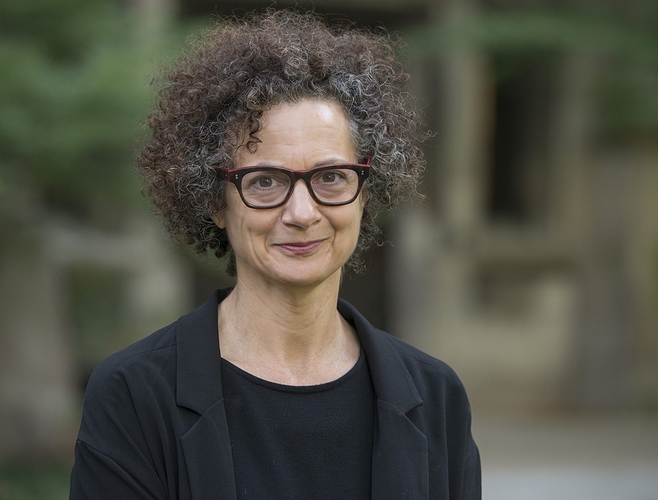At the Los Angeles Review of Books, Brad Evans interviews Lauren Berlant as part of his ongoing series Histories of Violence. Berlant discusses the ordinariness of violence, the #MeToo movement, and the increase in the intensity of violence amidst the global shift to the political right in recent years. In the follow excerpt, she offers a novel understanding of vulnerability as it relates to violence:
Your work is widely accredited for pushing forward thinking on the issues of vulnerability. In particular you have insisted upon moving away from universalizing tendencies, which often risk flattening out gendered-, racial-, and class-based distinctions. What does vulnerability offer us today in developing a meaningful critique of violence?
A few things. As a scholar of affect I tend to look at the difference between a structure and an experience of the impact of the world. So structurally everyone is vulnerable. We are all taking in the world and responding to it, being disturbed even by people and institutions we’re attached to and people we don’t know but somehow take personally as though their very existence were a challenge to us. Authoritarians are motivated by many things, such as to consolidate ownership and control of the whole scope of life, but they also recognize their vulnerability to the uncontrollability of labor power and non-normative minds; so much terrible bullying and aggression live in the same space as the vulnerability that feels like an unbearable tenderness. The question isn’t how does vulnerability provide a measure for restorative justice — it doesn’t — but, what are the different costs people pay for defending themselves? That’s another way to measure privilege: by way of the available cushions and defenses against the impediments of vulnerability.
Image of Lauren Berlant via the Museum of Fine Art, Houston.
